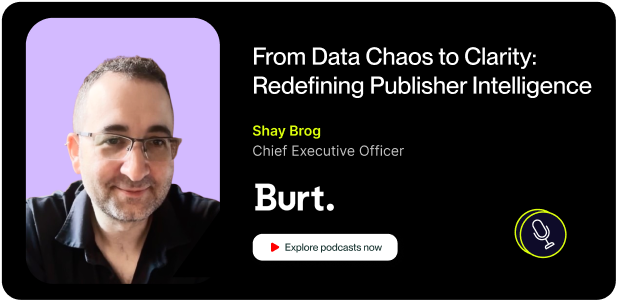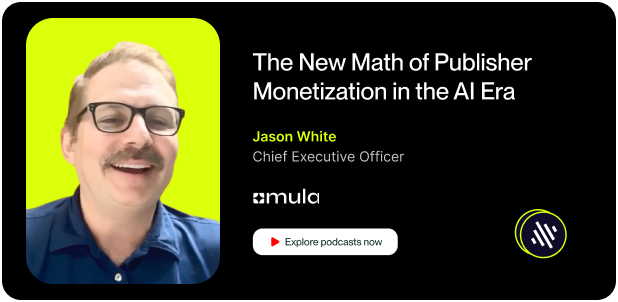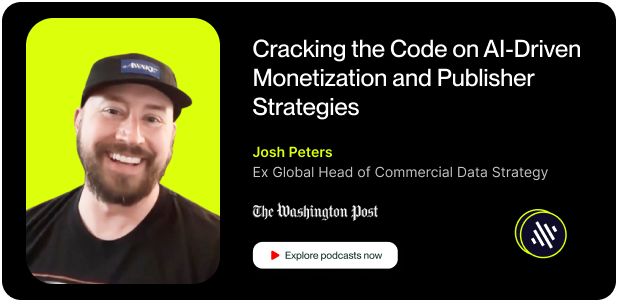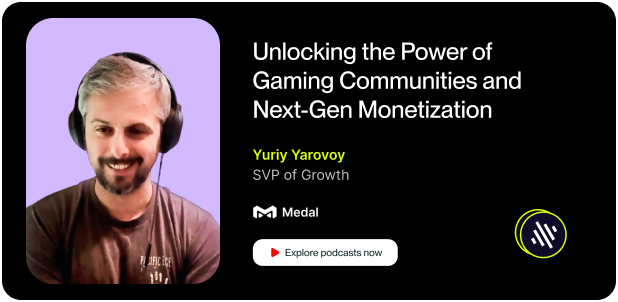
Weathering the AdTech Storm with Catherine Beattie
About the podcast
From mastering the shift from web to app to balancing monetization with user experience, Catherine shares insights on programmatic strategies, team building, and authentic networking. Discover how to stay ahead in a dynamic publishing landscape.
About the guest
Catherine Beattie is a distinguished leader with over 15 years of experience in the AdTech industry. As the Director of Programmatic at WeatherBug, she has consistently demonstrated her expertise in driving innovative programmatic strategies, streamlining ad operations, and aligning them with overarching business goals. Her work has been instrumental in elevating the programmatic landscape, and her recent recognition by AdMonsters as part of their 2024 Dream Team is a testament to her impact and leadership in the field.
Catherine is also committed to giving back to the AdTech community. She actively mentors through the Beeler Tech program and regularly shares her insights in industry discussions, helping to encourage collaboration. Her passion for learning and approachable leadership make her a role model for colleagues and mentees.





















.avif)
.avif)




